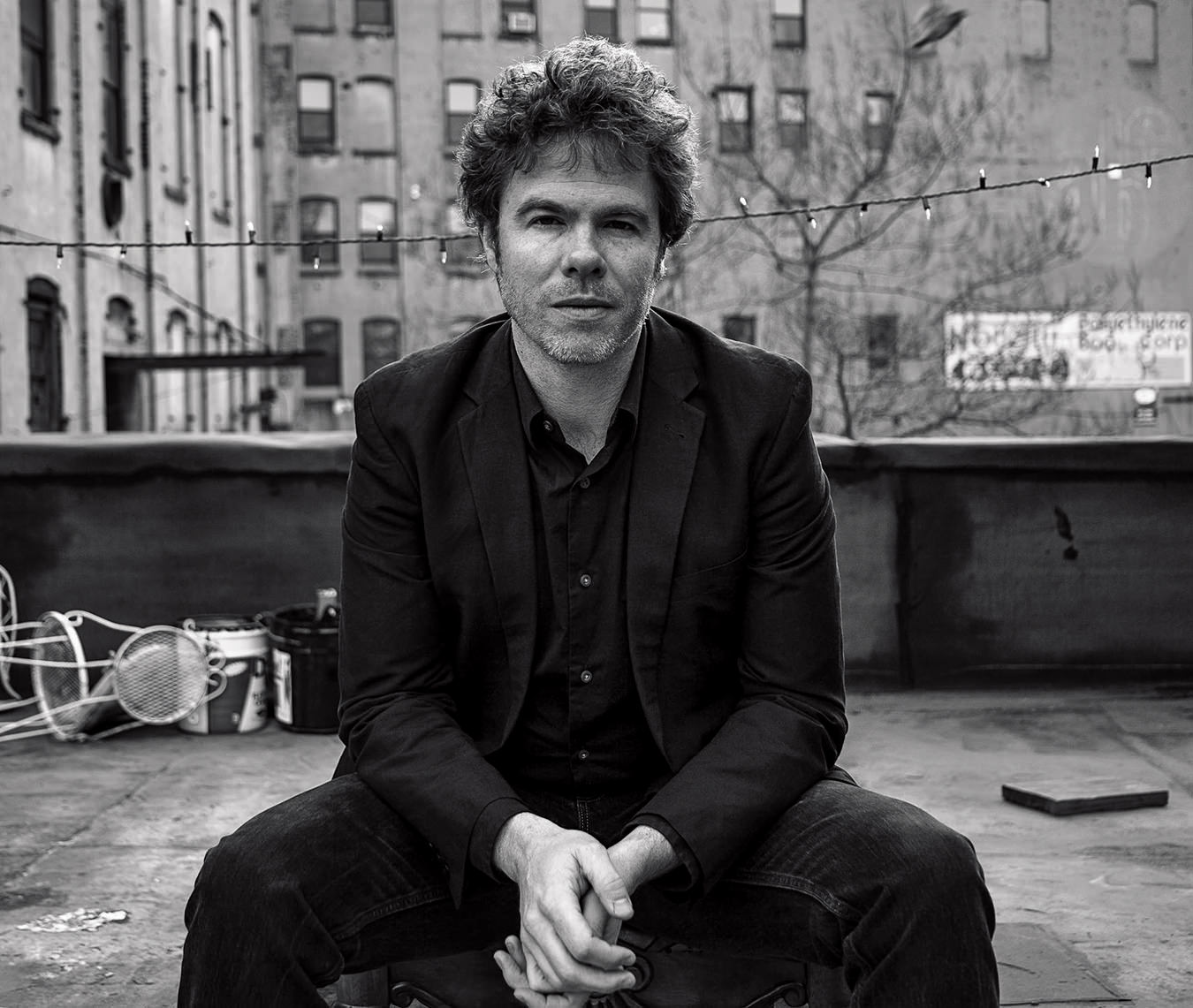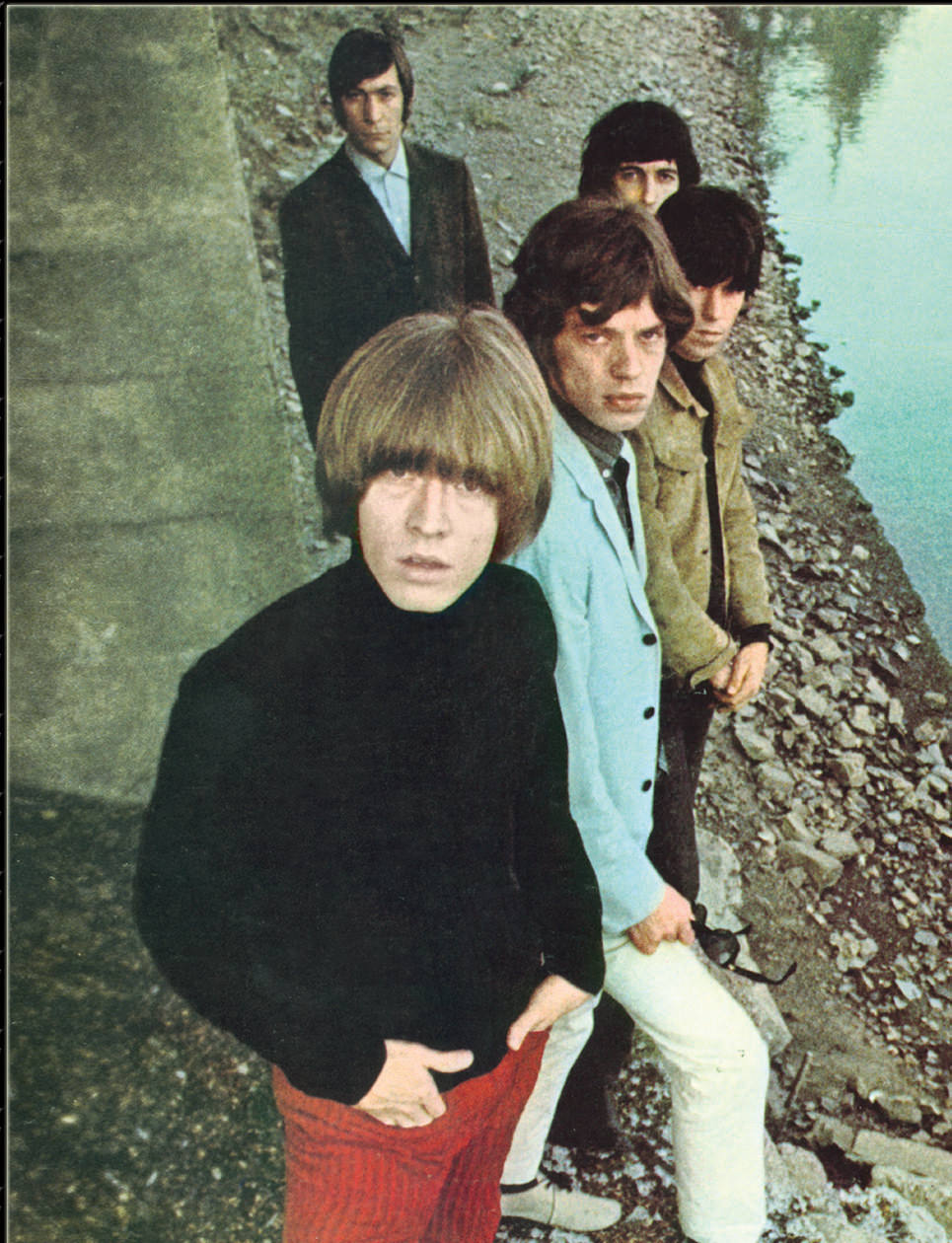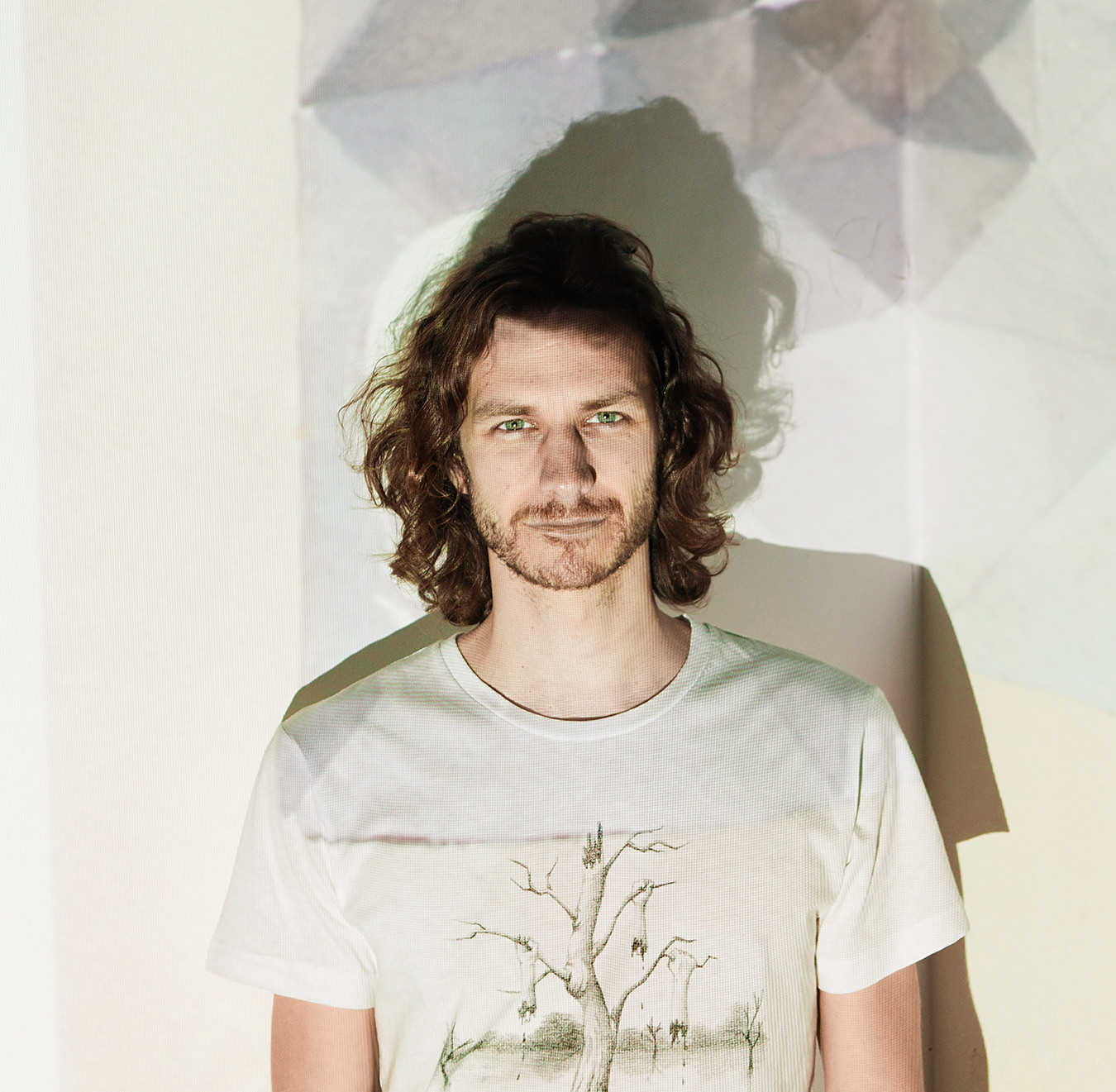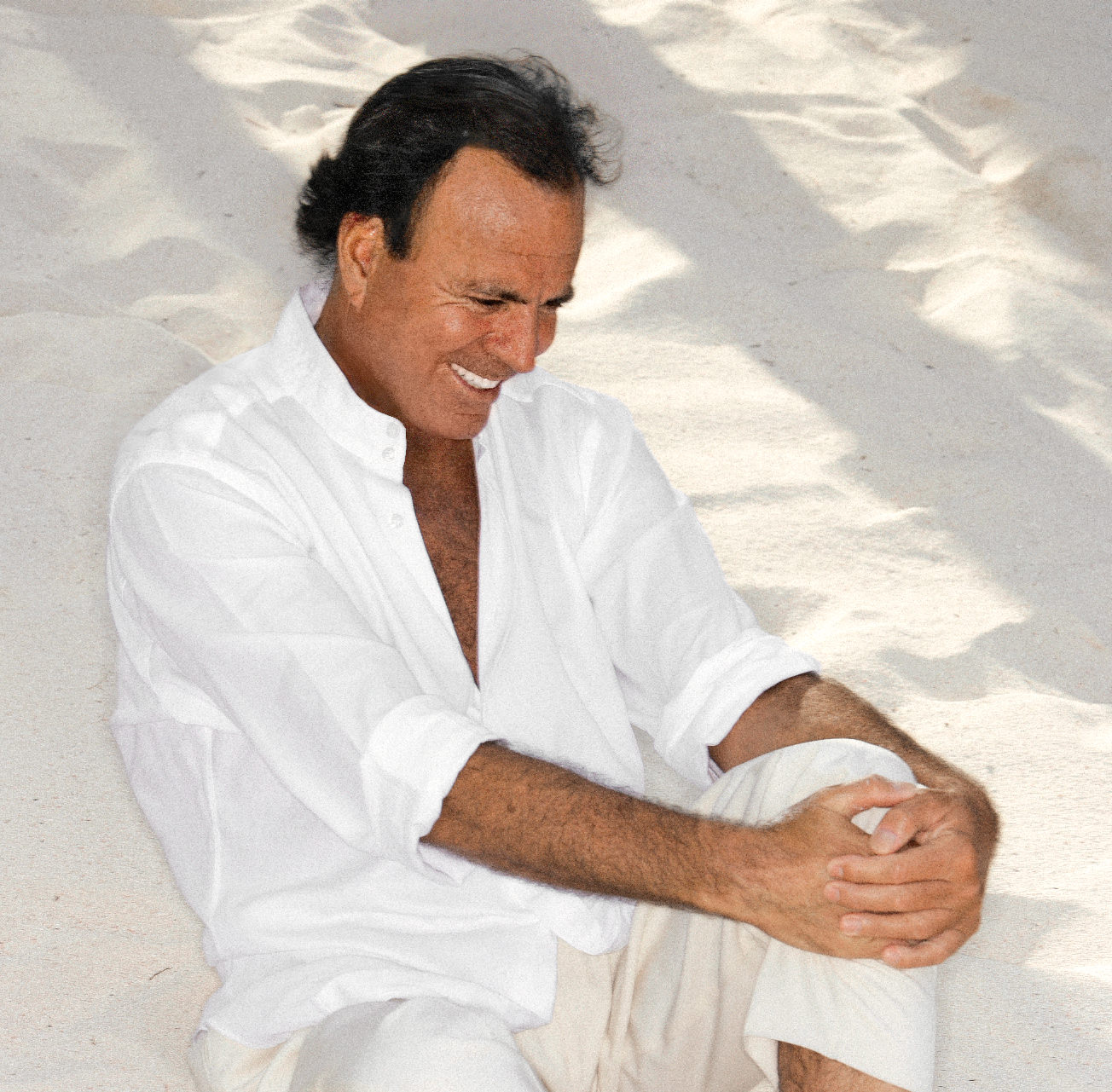-
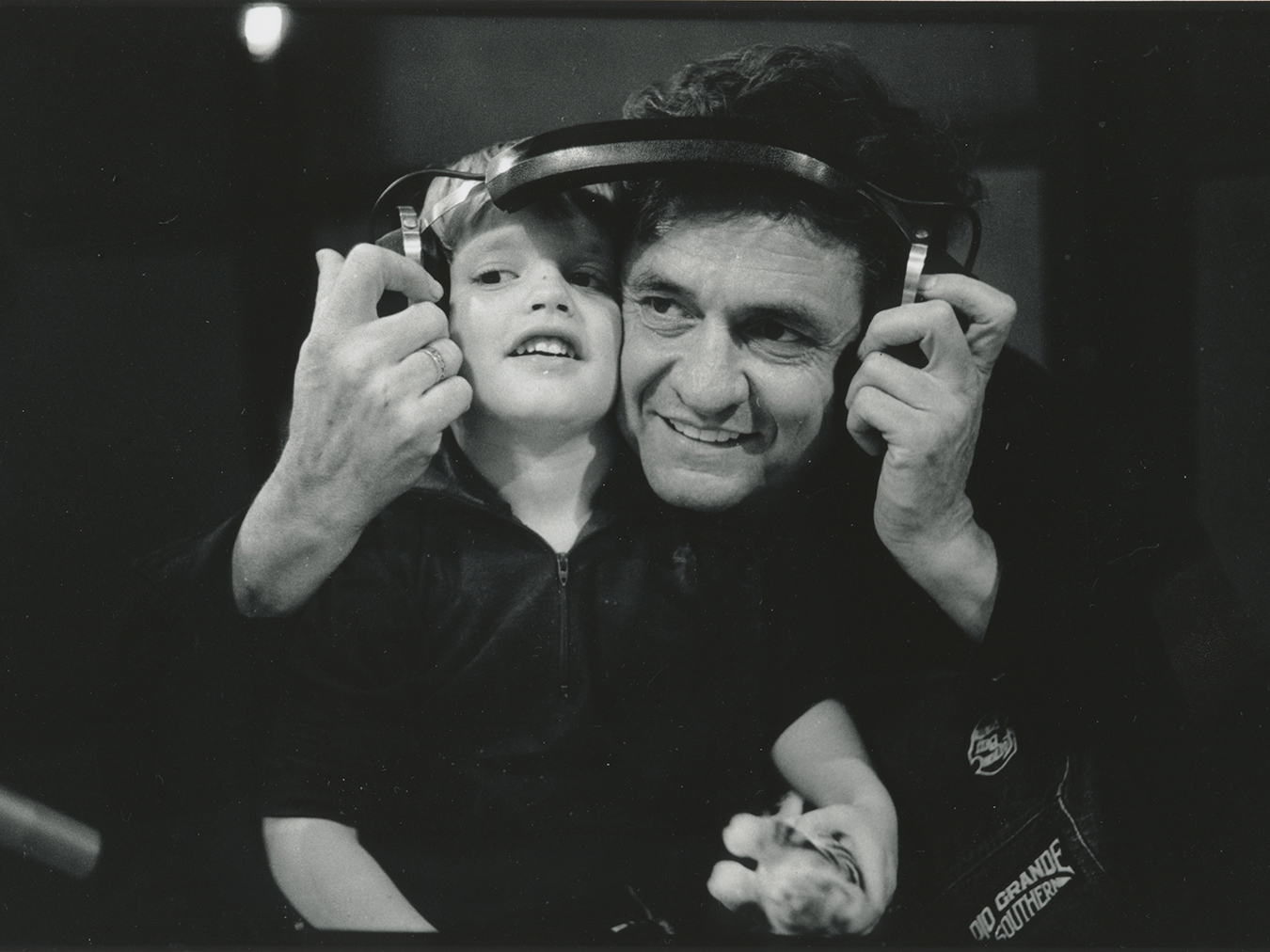
John Carter Cash with his father, Johnny Cash.
Photo by Jim Marshall Photography.
-
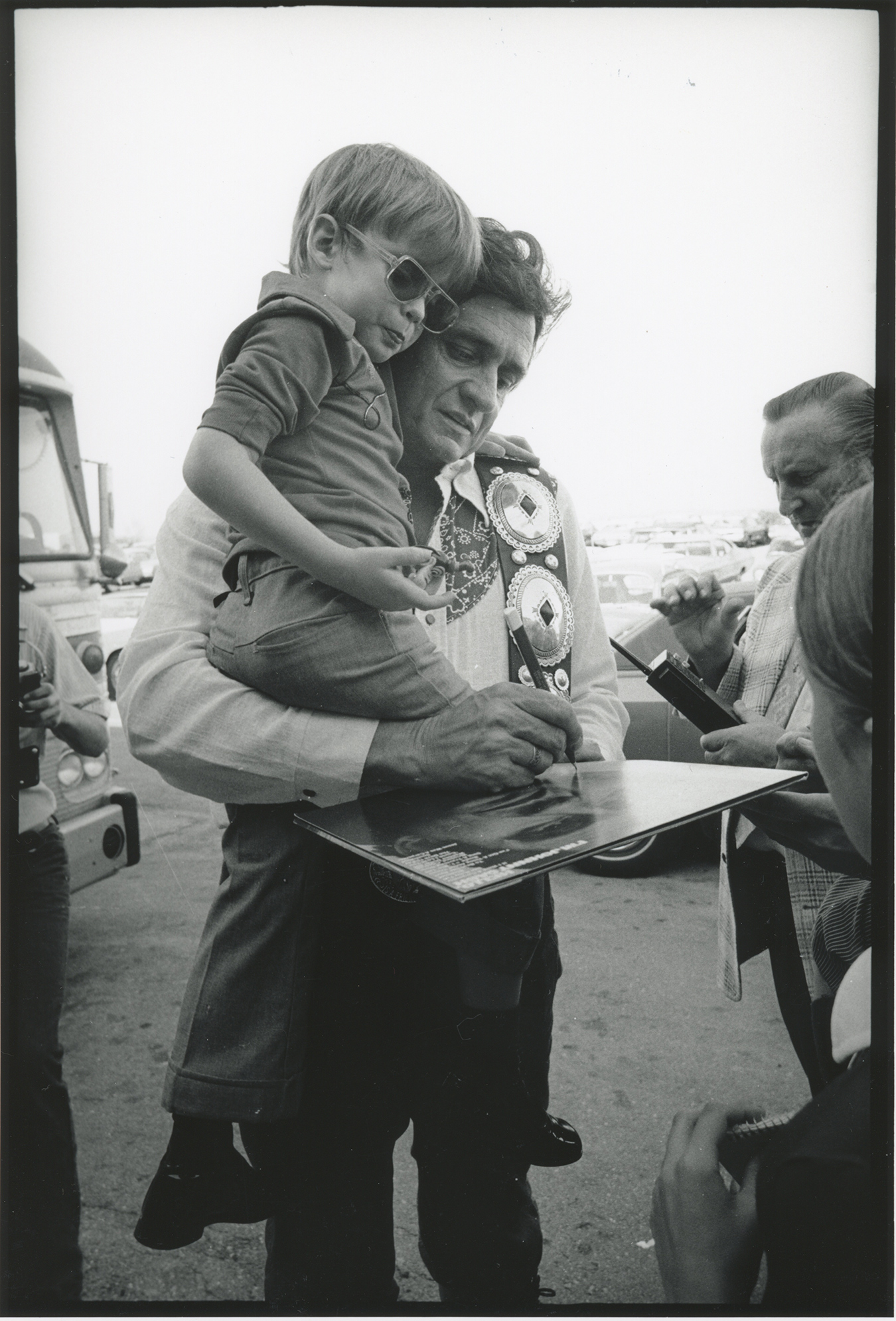
John Carter Cash with his father, Johnny Cash.
Photo by Jim Marshall Photography.
-
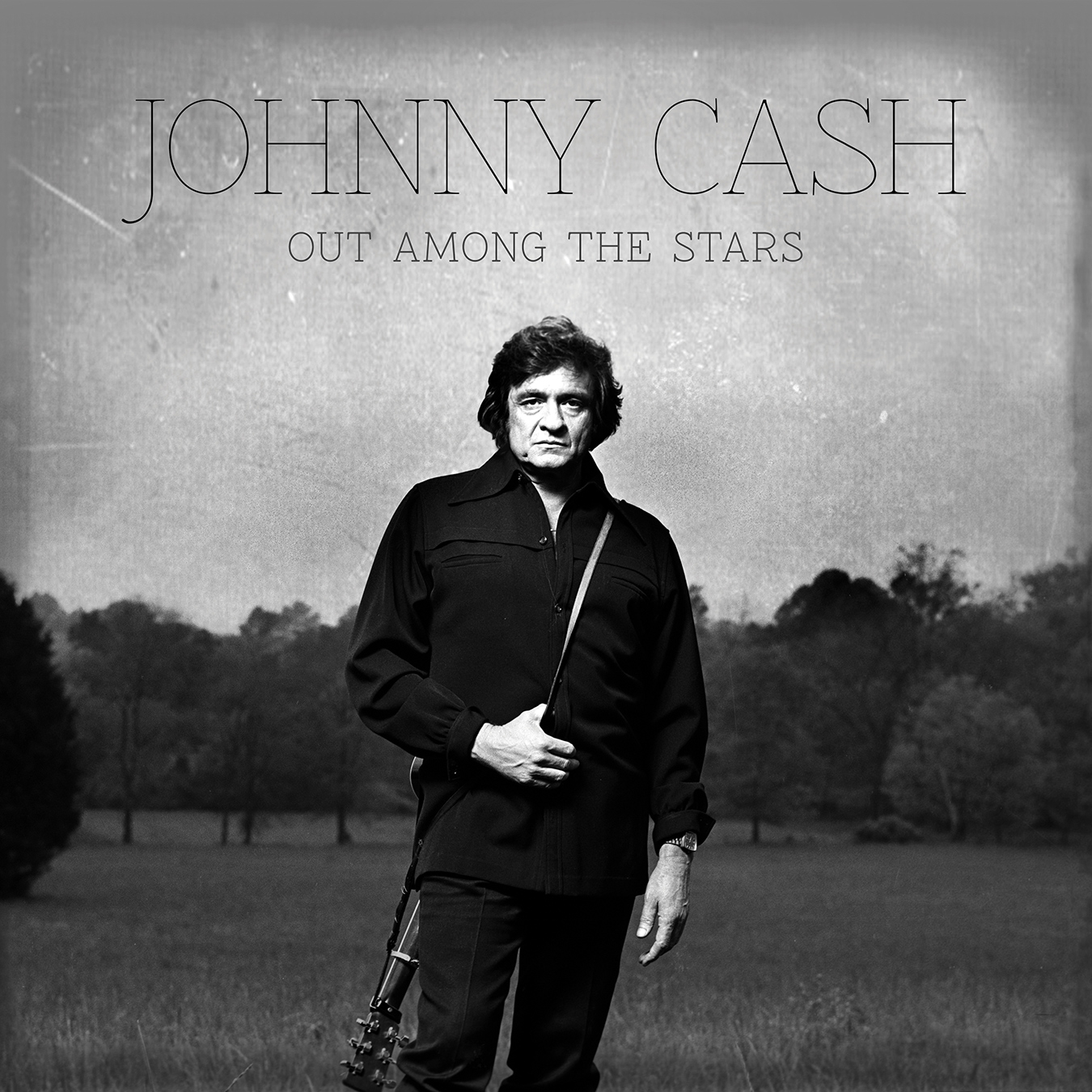
Out Among the Stars, the lost Johnny Cash album, is set to be released March 25, 2014.
-
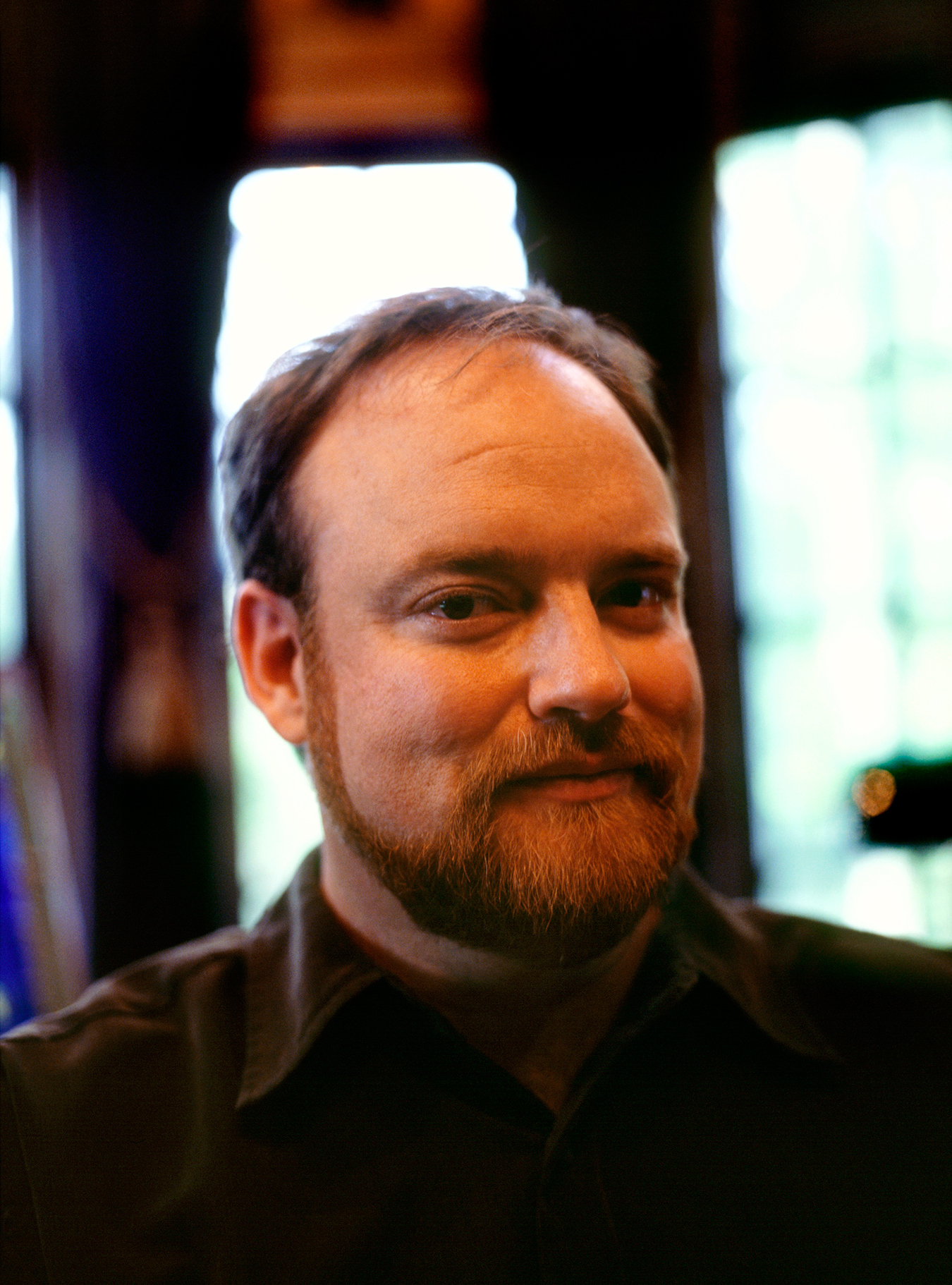
John Carter Cash.
Photo by David McClister.
Q&A: John Carter Cash
Lost and found.
Country singer-songwriter, author, and award-winning producer John Carter Cash is the caretaker of a musical ancestry. John, the son of “The Man in Black” Johnny Cash and June Carter Cash, and half sibling to another musical talent, Rosanne Cash, began his career as a producer on his mother’s album Press On and went on to work as an associate producer under Rick Rubin on his father’s Grammy-winning albums American III: Solitary Man and American IV: The Man Comes Around.
While posthumously cataloguing his parents’ body of work at the Sony Music Archives in 2012, John discovered tracks originally recorded in Nashville, Tennessee at Columbia Studios in 1981 and 1111 Sound Studios in 1984. John worked with Steve Berkowitz to co-produce and finish the lost album, Out Among the Stars, initially produced by Billy Sherrill. Now set to be released March 25, 2014, John spoke to NUVO about the album’s discovery, his parent’s vaulted works, and the family memories tied to this Johnny Cash record.
NUVO: How were the recordings discovered in 2012?
John: My parents held on to everything. They were packrats. For years they were always recording, and mostly everything they recorded they put away in a storage vault, and within that vault, they stored all the different tapes that they recorded back in the 70s and onward. When they passed away, it became necessary to go through these vaults, and it became my job. So I catalogued everything that was there. We shipped all the tapes back to New York City, where I had them all transferred to digital by Sony. When we did discover this particular group of recordings, we felt like it was a body of work. It was a great treasure that the world would love to hear, and we were very excited. There was so much to it.
It was not completely finished though. We knew we had a little work to do. I wanted to follow the heart and do it correctly, and pick the people that hopefully my father would’ve picked in the first place. I’m hoping the listener hears this.
Marty Stuart was playing on the original tapes and I asked him, “You’re on the original recordings, but you’re a better guitar player now. Why don’t you come in and replace your guitars and your mandolins?” So he did, and it was a very exciting thing, after all these years. And we did it with Buddy Miller, Carlene Carter, and a couple other people too. We tried to stay true to the original recordings produced by Mr. Sherrill.
NUVO: Although the recordings are from the 1980s, they certainly have a more nostalgic, rockabilly feel to them, similar to recordings from his early Sun Records years. Is that a sound you were aiming for as a co-producer?
John: Well we wanted to do what was right for the recordings. I think Mr. Sherrill had the vision to realize that he couldn’t make the same “countrypolitan” records that he was making at the time with Johnny Cash, but that he could try to meld the two together. He knew that the record he was making would have to be something fitting for an artist of his stature and unique talent. There was nobody else like him in the world. It had to be the right music specifically for Johnny Cash. He had that vision. We tried to also meld it together and put it right. We didn’t subtract that much. We hoped what we did would add layers and colour to it. We didn’t want to take away from what it originally was.
NUVO: So even though this is being released as a “lost album”, you were aware your parents had the vault, you just didn’t know what was in it. Given the stature of your dad, how is it possible that these remained undiscovered until now?
John: I think Columbia knew they were in existence, but they were put on the back shelf. They were tucked away, literally. We also didn’t go through them until after dad passed away. My parents kept adding to it over the years, but all the cataloguing was done after they both passed on. If you look at the Bootleg Series (2011) and the Personal File (2011), those were the first things to come out of the vault.
NUVO: When you first heard the recordings, what were your initial thoughts?
John: I felt like I was coming back into contact with my best friend, really. Because that’s who my dad was in 1984. In the early part of the 1980s, dad relapsed with the drug addiction, and in 1983 he went to the Betty Ford Center, and when he was there he wrote a song called “I Came to Believe”, which is one of the songs on this record. And in early 1984 and through the year when most of these recordings were being done, my dad was at a prime in his life. He was clear spiritually. His vocal pitch was perfect. He just sounded wonderful. This record catches a time in his life when country music wasn’t paying much attention to the man, but creatively and spiritually, he was at his utmost. That’s what I hear and what I’m reminded of and what I’m brought back to.
And what a great thing to be brought back to. So many people are more familiar with stuff he did at the end of his life, the American Recordings, and those are so important to me, but at that time he was very frail. During the timeframe of Out Among the Stars, he had a great underlying strength that was there. It’s undeniable. Now we can hear a different side of Johnny Cash from a different time period.
NUVO: You are obviously very dedicated to preserving the legacies of your parents—you wrote a book on the subject (House of Cash: the Legacies of My Father Johnny Cash). Besides cataloging their archives, what else do you do to preserve their work and continue building their legacies?
John: It’s what the heart says to do. First of all, we have to ask ourselves what they would do. How did he run the estate? How did he live his life? What were the decisions he made? He never allowed the use of his image for the sale of alcohol and tobacco. No endorsements. Not that he didn’t drink and smoke, but he just never used his image that way. We have carried on in the same manner. We have to follow that integrity in everything that we do. That’s what we’ll continue to do. We’ll look at more music and see what is appropriate to release. What would he have wanted people to hear when he recorded it? This music falls in that category.
Some people have said, “Does the world need another new Johnny Cash record?” But I think, if I was digging through my closet and found an Elvis Presley record that nobody had ever heard, well, I would release it. It’s like a Picasso painting. The world needs to hear it.
NUVO: What are your favourites from Out Among the Stars that hold a special significance to you?
John: I’m drawn to the positive good spirit I hear in “Baby Ride Easy” [a duet with June Carter Cash]. The way it stands out is powerful and to me it really is as good of a song as “Jackson”. I just love it. I remember them performing it on stage every night, excited that it might be a good hit for them, and it very well may have been if it had been released by Columbia. I love “She Used to Love Me a Lot”. I love dad’s voice, the strength and melody are so cool. There’s a video coming out for that song we’re really excited about. I love “After All” because it’s not the typical song dad would’ve sung. The vocal range is unique for him and he pulls it off masterfully.
NUVO: Are there items you hear from the vault that stay only within the family? Can we look forward to future releases from Johnny Cash or June Carter Cash?
John: There are recordings, letters, and personal notes that we discovered and saw for the first time. Those are private pieces and we are very careful about that.
There were things that Mom did with him, but she didn’t record that much later in her life because she really focused on being Mrs. Johnny Cash and supporting him on the road. She didn’t make her own records. There were a few things she did—the two records toward the end of her life that both won Grammys [Press On and Wildwood Flower]—but back in the 70s and 80s she didn’t record much. But there is more Johnny Cash music. There was some stuff he did with Rick Rubin at the end of his life, and hopefully some of it is that good and will see the light of day. It just depends on what is the right direction to go with the work. How do you make the best record? Which musicians would you bring in? What would dad have done? We have to look at each situation independently.

